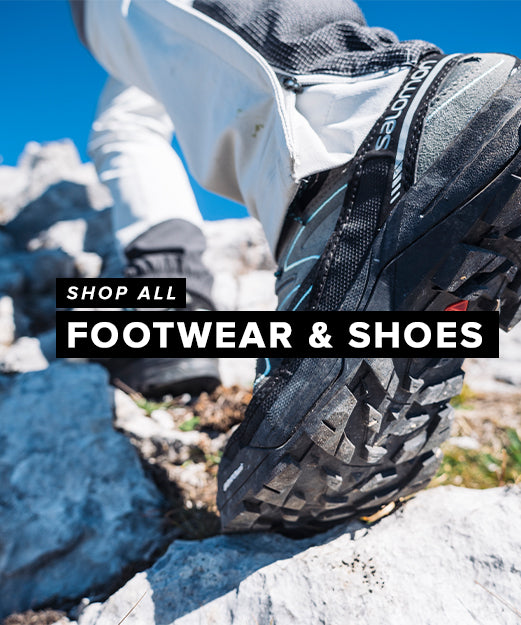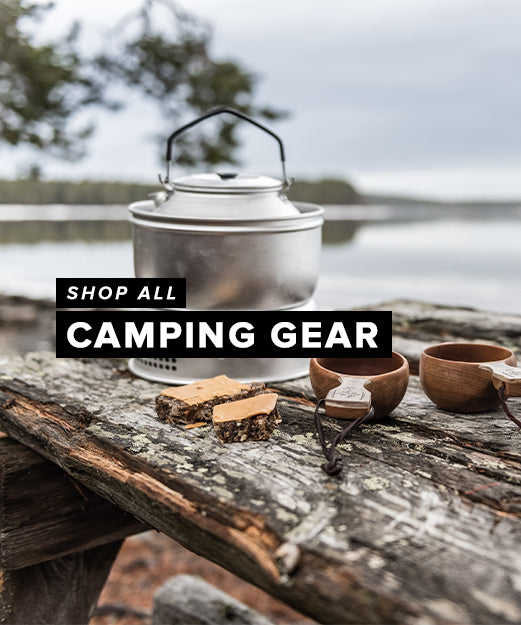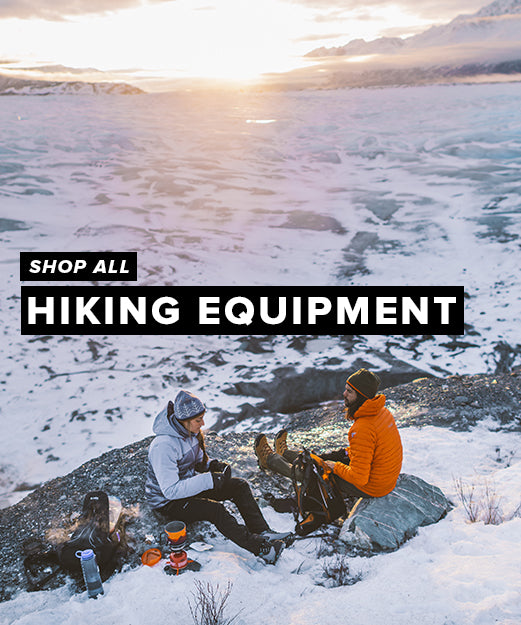First Aid Kits For Hikers
For most walkers most of the time, first aid is about comfort rather than survival. You don't need to become a paramedic before setting off on a walk but everybody benefits from a simple first aid course (try St John Ambulance - www.sja.org.uk) and all hikers should carry a first aid kit as a key item in the rucksack plus, of course, any prescribed medication.
The most common problems experienced when out and about on foot are summarised below. Knowing how to deal with them positively should help your peace of mind and, perhaps, assist others who you come across when walking. Some of them, such as sunburn, can be tackled by acting to prevent the problem, others happen by accident and can only then be treated to ease discomfort:
Sunburn - not in our minds now but it does happen in Britain
Minor cuts, scrapes and bruises - plasters, antiseptic wipes and cream
Sprains - crepe bandage and strapping
Blisters - a needle to puncture and dressings to suit
Splinters - tweezers are really useful
Scalds and minor burns - dressings and tape
Insect bites and stings - insect repellent and treatment to ease sting pain
Headaches and tummy upsets - your usual preferred tablets and treatments
Knee problems - if you have them, then pop on a knee support at the start of your walk
Many problems for walkers stem from dehydration. It can happen anywhere in any season so drink small amounts of liquid (not alcoholic) regularly and before you get thirsty - the first sign of dehydration. A trekking pole helps with balance and is an invaluable support in the event of an ankle or knee sprain. In the event of a more serious problem then, even in mountain areas, the first step is to call the emergency services on 999. Appropriate action will be decided upon and co-ordinated and may involve a search and rescue team. You should never call them directly, especially if you are just tired or hungry- astonishingly, it happens. There is plenty of useful advice at www.mountain.rescue.org.uk.
 NEW!! Free UK Delivery
NEW!! Free UK Delivery Hassle-Free Returns
Hassle-Free Returns Clearpay
Clearpay









